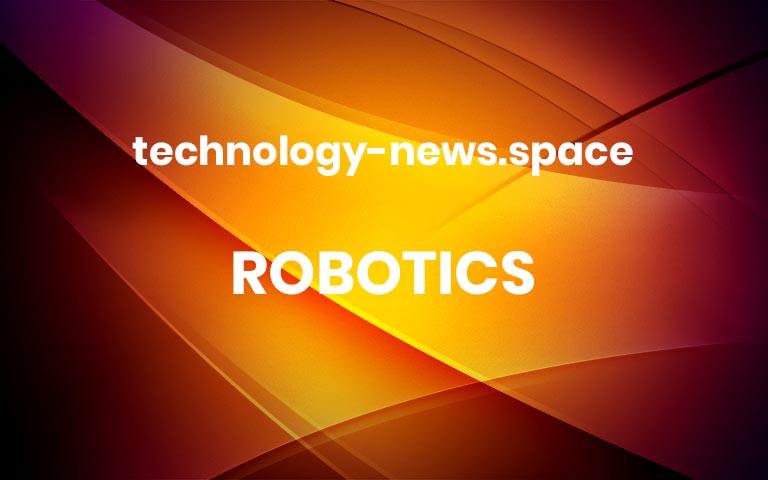When is Amazon’s Spring Sale 2025? This year, Amazon’s Big Spring Sale begins on March 25 and ends on March 31.Are headphones and earbuds really cheaper during Amazon sales? Yes, you can find many headphones and earbuds at cheaper prices during Amazon’s sales. However, the spring sale typically offers smaller discounts than Amazon’s fall and holiday sales later in the year. During Amazon’s sales, headphone, and earbud brands also slash prices on their sites to compete for your dollars. Sometimes, prices are lower at other retailers, so you should compare factors like prices, return policies, and free items included with your purchase before buying. If you want all-time low prices on the latest headphones and earbuds, wait until later in the year.How did we choose these Spring Sale deals?I spend most of my time testing the latest headphones and earbuds and revisiting headphones and earbuds released in past years to provide our readers with the most sound buying advice. I also notice products’ retail prices and when the lowest prices were offered, typically later in the year.Additionally, by retesting products, I can determine if they’re still worth hundreds of dollars a year or two later. If they are, I will still recommend them during significant sales. Another factor I consider is when newly-released products are on sale; if a product I recommended was released six months ago and is already on sale, I’ll notify our readers to take advantage of the sale price. What are the best Amazon Spring Sale 2025 deals?ZDNET’s experts are searching through Amazon’s Spring Sale deals to find the best discounts by category. These are the best deals so far:You can also find the best Amazon Spring Sale deals by price:And the best deals from other retailers this week:Looking for the next best product? Get expert reviews and editor favorites with ZDNET Recommends More


